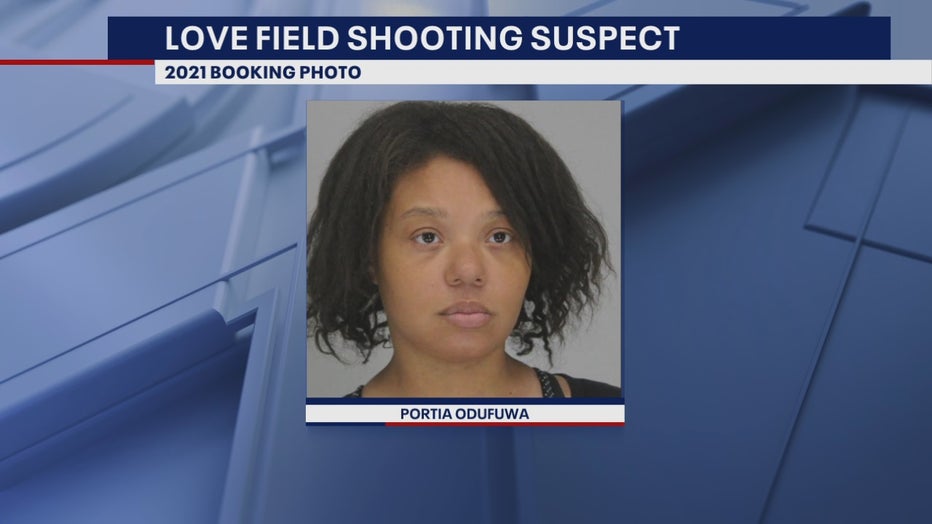Dallas airport shooting exposes city’s problems with mental illness and crime
Dallas DA: Lack of psychiatric care causes case dismissals
A recent shooting at Dallas Love Field airport is shedding light on talk surrounding mental health and crime. Good Day talked to District Attorney John Creuzot about the problem.
DALLAS - Dallas police earned praise for a quick response as shots were fired inside Love Field earlier this week. But the case sheds light on an unfortunate history of serious problems in Dallas County dealing with crime and mental illness.
It's something Dallas County District Attorney John Creuzot said he has warned city leaders about before.
"We have too many people in the criminal justice system who are incompetent and who need hospitalization and that’s per orders of judges. And the state hospital system is backed up, sometimes a year and a half to two years, which way exceeds the sentences. And the law requires us to dismiss those cases," he said.
Creuzot said the case of the Dallas Love Field shooting suspect, 37-year-old Portia Odufuwa, is one of those cases.

"Her cases have been dismissed in the past because she kind of timed out. She goes back on the streets and she’s still mentally ill without services," he said. "And so, she winds up cycling right back into the system, which is exactly what I said about a month ago."
Last month, Creuzot and Commissioner John Wiley Price said the mental health transfer waitlist is costing Dallas County taxpayers $13 million a year.
There are plans to build a state psychiatric hospital in Dallas County, but it will only have about 200 beds. There are about 400 people in Dallas County waiting to be transferred to a state mental health facility.
"It wasn’t criticism. It’s just an observation of where we’re going to end up and low and behold unfortunately the perfect example of what I was talking about is this lady who winds up in Love Field and fortunately no one was hurt," he said.
Security video shows Odufuwa firing into the air at Love Field before being shot in the leg by an officer who happened to be nearby. Witnesses said had yelled things about her marriage and incarceration and threatened to blow the airport up.
Surveillance, body cam video shows Dallas PD confront shooter at Dallas Love Field Airport
Dallas Police release video shows police confronting woman who opened fire inside of Dallas Love Field Airport on July 25, 2022. (Note: Portions of this video do not have any sound)
Police now know Odufuwa had a bank robbery case against her dismissed in 2019 and her mother had filed a protective order against her in 2020, complaining that she wasn’t taking medication for her mental illness.
Creuzot said in an ideal world the county and the state would have the resources needed to better handle this type of case, if it hadn’t already been handled by the community.
"We need more robust funding for community-based mental health services," he said. "The district attorney’s office has put about a half a million dollars in under my administration to do that. The other thing is if these people wind up like her in jail and she needs services and the only place she can get them is at a state hospital, then it needs to be properly staffed, which unfortunately it’s not right now."
Creuzot said the problem has been building for years and the pandemic and economy have only made it worse.
"About one-third of the beds at the state hospital are not being used for lack of staff," he said.
He called it a serious condition that warrants continued conversation and advo

